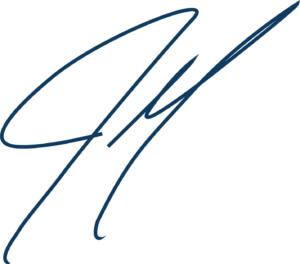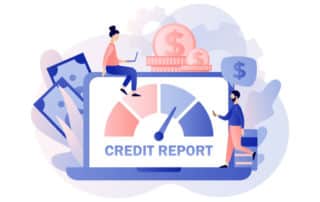
Differences Between a Charge Off and Repossession in Bankruptcy
A charged off debts and repossession are two vastly different things and can both occur from the same debt. This post aims to explain the difference between the two and how a Chapter 7 Bankruptcy and Chapter 13 Bankruptcy handles each one.
What Is a Charge Off?
Some see the term “charge off” after pulling and reviewing their credit report. As charge offs are connected with unpaid debt, many believe that charged off means that you no longer owe money to your creditor as the debt is no longer collectible. Unfortunately, this is not true.
A charge off indicates that the creditor no longer listing the defaulted account on their bottom line as bad debt. Instead, the creditor has sold or transferred the charged-off debt to a collection business. The collection agency then either collects the debt for the creditor or negotiates it for its benefit if the collection business purchased the charged-off debt. Essentially, a charge off is simply an accounting term as you are still liable for the debt.
Also noteworthy, the FDIC regulations require creditors to charge off a credit card debt 180 days past due. Regarding car loans, creditors will charge off these debts when they are 120 days past due.
Charge Offs in Bankruptcy
When preparing your bankruptcy petition, you must disclose your financial situation to receive a discharge provided by the bankruptcy chapter you selected on your petition.
You are obligated to list all debts when completing your bankruptcy paperwork; this includes any charged-off accounts. If these accounts are not listed on your bankruptcy petition, they may not be discharged.
Most accounts that have been charged off are in connection to unsecured debt such as delinquent credit cards, unpaid medical bills, or defaulted personal loans.
If you have selected to file a Chapter 7 bankruptcy, these debts are typically wiped out within three to four months (the average length of a Chapter 7 case). On the other hand, a Chapter 13 bankruptcy requires you to pay any disposable income—your net income after paying reasonable and necessary monthly expenses—to your allowed general unsecured creditors throughout your Chapter 13 plan. All remaining unpaid unsecured debts will be wiped out upon completion of your plan.
If the charge off is connected with secured debt, typically a car loan or home mortgage, the creditor has most likely obtained the collateral (car or house) by either repossession (see below) or foreclosure action. In either situation, these accounts should be listed as unsecured debt on your bankruptcy schedules.
What Is a Repossession?
Repossession happens when a creditor takes possession of collateral such as a car after the loan has defaulted. This is how repossession works.
Before a creditor agrees to lend money to a car purchase, you agree to guarantee the loan with the car. The loan agreement creates a lien on the vehicle in favor of the creditor. This newly created lien permits the creditor to repossess the car, auction or sell the car, and apply the sale proceeds as payment on the defaulted loan. If the sale or auction proceeds aren’t enough to pay the entire loan balance, you will owe a deficiency balance.
Repossessions may also occur with other property types such as home furniture, watches, rings, other jewelry, and any other personal property used as collateral to secure a loan.
A foreclosure action is comparable to a repossession except that it involves a mortgage, and the collateral is a house purchased.
Repossessions in Bankruptcy
A Chapter 13 bankruptcy permits an individual to retain the collateral and reinstate a defaulted loan through your three to five-year repayment plan. The ability to reinstate loans is one of the fundamental advantages of a Chapter 13 bankruptcy. Chapter 13 will stop creditors from repossessing your car or foreclosing on your home and allow you to pay the arrearages through the bankruptcy plan instead of all at once. When curing a default, you will also be required to maintain the loan but make ongoing monthly payments. Once the bankruptcy plan is completed, you will be caught up on your loan with the creditor.
Contact a Miami Bankruptcy Lawyer with Questions Regarding Loan Defaults
If a creditor has charged off debt, but you still possess the collateral, and you wish to keep it, you should speak with a Miami Bankruptcy Lawyer as soon as possible.
Consultations Available At:
Consultations Available At:



